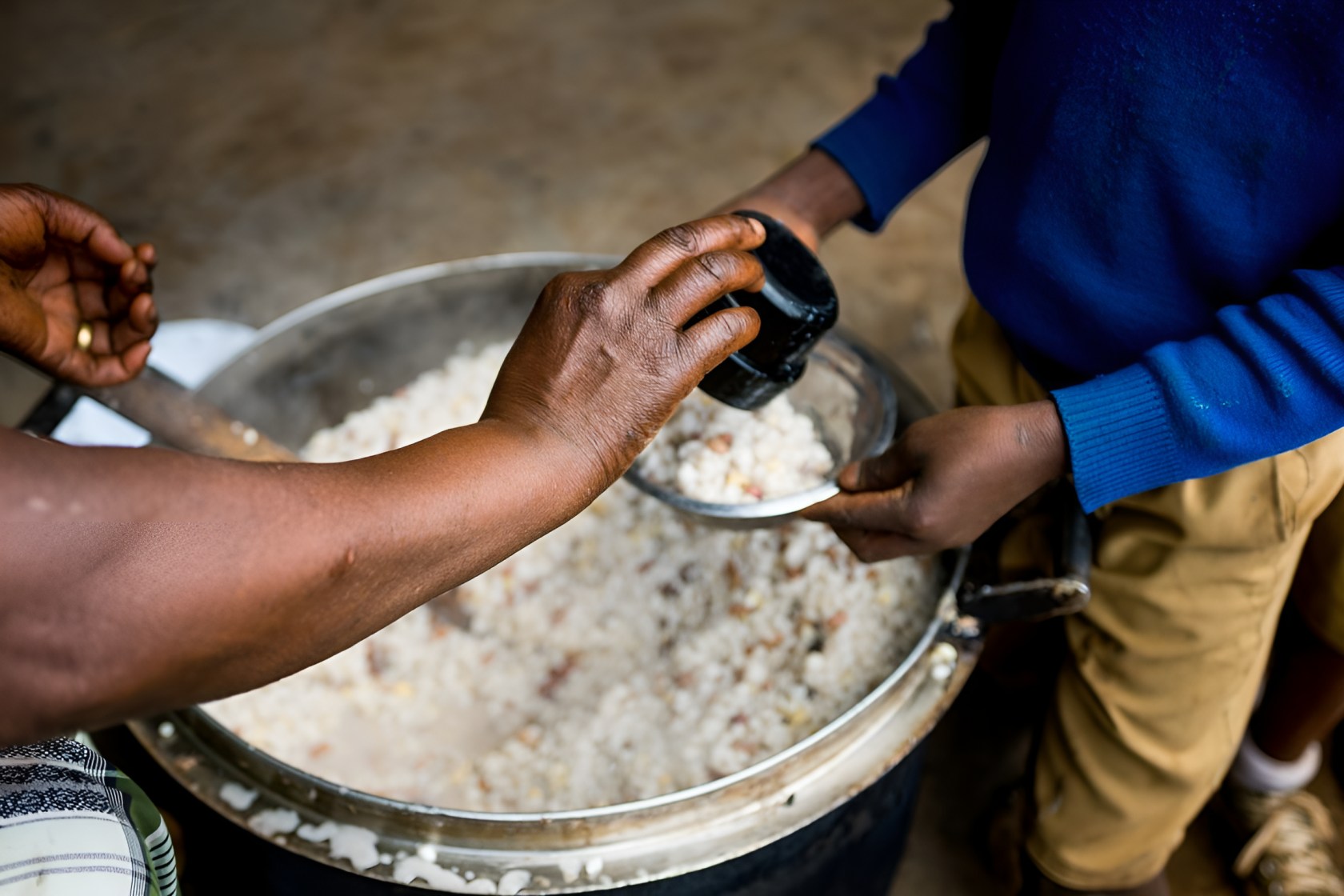The Treasury’s proposal to reduce funding for the school feeding programme by Sh600 million has sparked alarm among education advocates and stakeholders.
The reduction, as outlined in the government’s budget estimates, suggests only Sh3 billion will be allocated to the programme in the coming financial year, a sharp decrease from the Sh3.6 billion allocated for the current fiscal year.
This proposed cut has drawn criticism, especially as the Kenya Kwanza administration had previously committed to expanding the programme to reach millions more children.
According to their manifesto, the government aimed to double the programme's budget to ensure that four million children could benefit, with an eventual goal of reaching eight million primary and Early Child Development (ECD) schoolchildren.
The school feeding programme, initiated by the government and its development partners, is crucial in arid and semi-arid areas, as well as urban slums, where children often face the dual challenges of food insecurity and irregular school attendance.
Nairobi’s "Dishi na County" programme is a key example of how the initiative has been effective in improving school retention by providing meals to students in need.
In March 2025, President William Ruto emphasised his administration’s ongoing commitment to expanding the school feeding programme, particularly in informal settlements.
Speaking at the launch of the ‘Dishi na County’ Central Kitchen, he stressed that the programme would continue to help children stay in school and improve their academic performance.
"We will keep expanding school feeding programs across Kenya, especially in informal settlements and marginalised areas, to boost enrollment and enhance the performance of learners," President Ruto affirmed.
Since its launch, the ‘Dishi na County’ initiative has already served over 30 million meals and benefitted over 310,000 students.
It is seen as a success in improving food security and preventing school dropouts in Nairobi and its surrounding regions.

